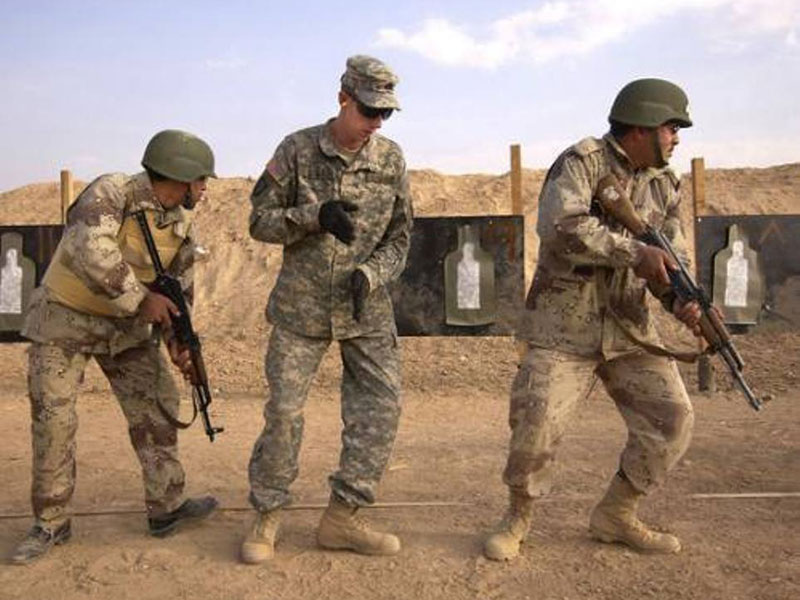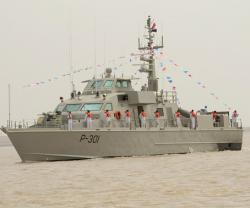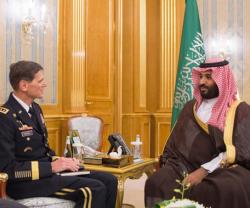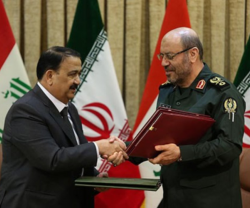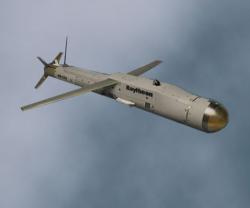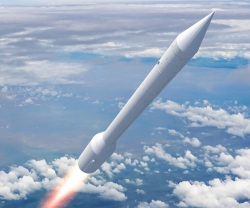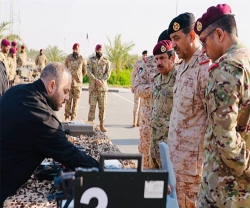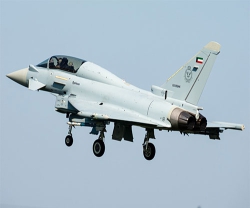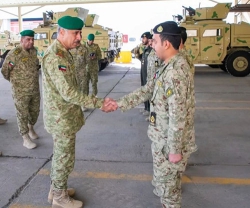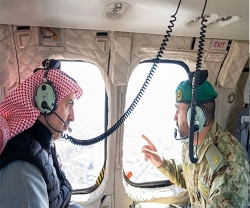The United States is resuming training for elite Iraqi soldiers in Jordan, a U.S. official said, as Washington seeks to bolster U.S. support for the Iraqi government's battle against Islamist militants.
A small number of U.S. Special Forces will take part in a training exchange in Jordan with Iraqi counterterrorism forces beginning in early June, a U.S. defense official said on condition of anonymity.
The program is similar to an initial counterterrorism training course U.S. Forces held with Iraqi and Jordanian Forces in Jordan earlier this year, and will involve a total of 50 soldiers from the United States, Iraq and Jordan, the official said.
“ISIL is our enemy as well as Iraq's, and we want to continue supporting them in this fight,” the official said, referring to the Islamic State of Iraq and the Levant, an al Qaeda-inspired group leading insurgencies in Iraq and Syria.
In part, the additional counterterrorism training signals the Obama administration's continued fears about spiraling violence in Iraq, where bloodshed has returned to levels not seen since the height of the sectarian conflict that followed the U.S-led invasion in 2003.
It also underscores fears about extremist activity across the region that officials believe has been fueled by the war in Syria.
The Obama administration is also providing sophisticated weaponry such as Apache attack helicopters to Iraq to help the government of Prime Minister Nuri al-Maliki, a member of Iraq's Shi'ite majority, target a Sunni insurgency that had largely died down when U.S. troops withdrew at the end of 2011.
Following national elections last month, Maliki is now seeking to secure a third term. The results of the elections will not be clear for weeks.
The Obama administration is also expanding the number of Intelligence Officers in Iraq and has been studying how it can counter growing violence by ISIL.
Reuters reported in January that U.S. officials were considering supporting training of elite Iraqi Forces in a third country.
Washington's response to surging violence and sectarian tensions in Iraq has been limited by a reluctance to further empower Maliki, whose critics say has bullied opponents, and a desire to ensure that U.S. soldiers do not become embroiled again in a Middle Eastern conflict.
The training is one modest measure of additional security assistance the United States can provide without conducting larger military activities within Iraq, which would require a Status of Forces Agreement.
Source: Reuters

